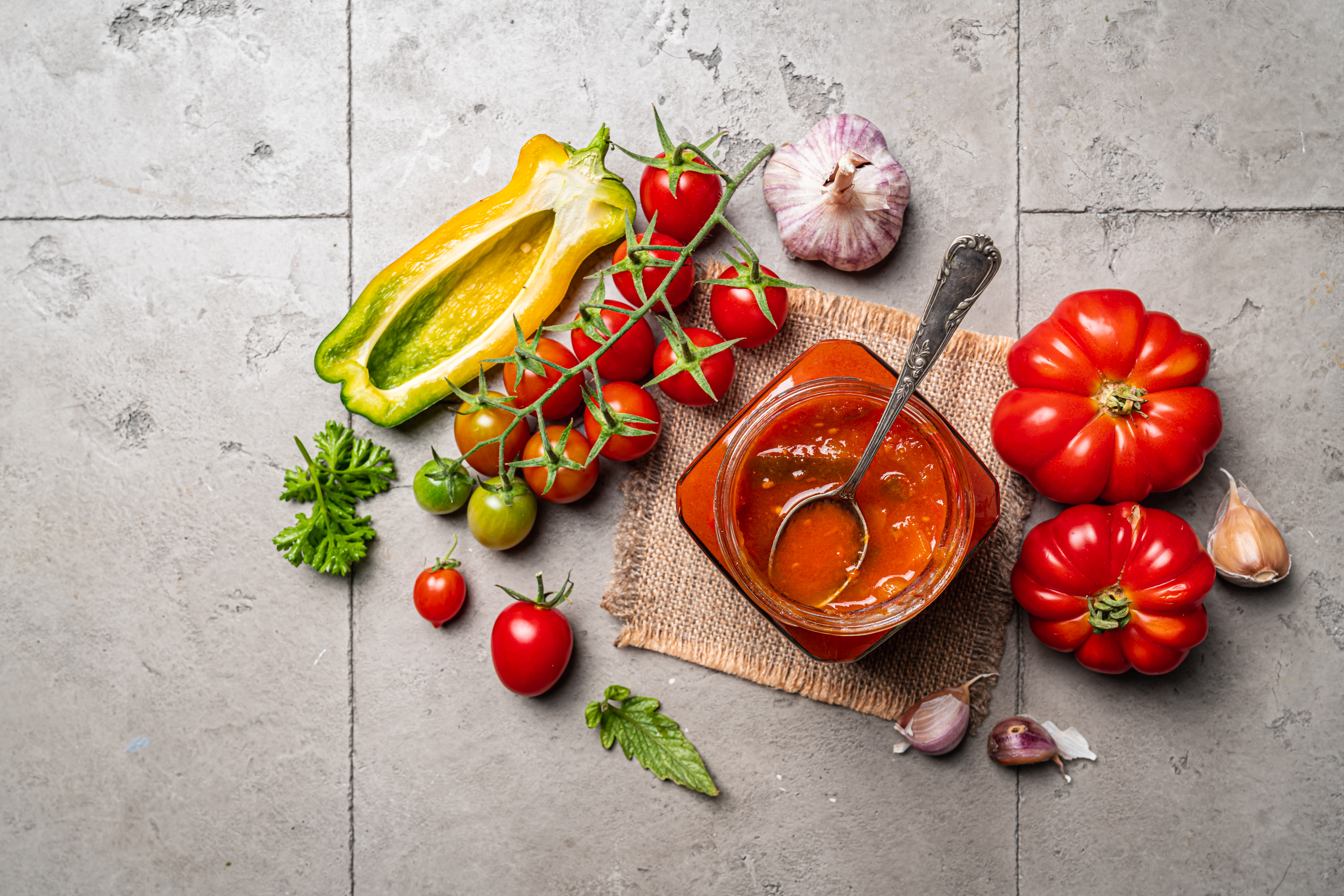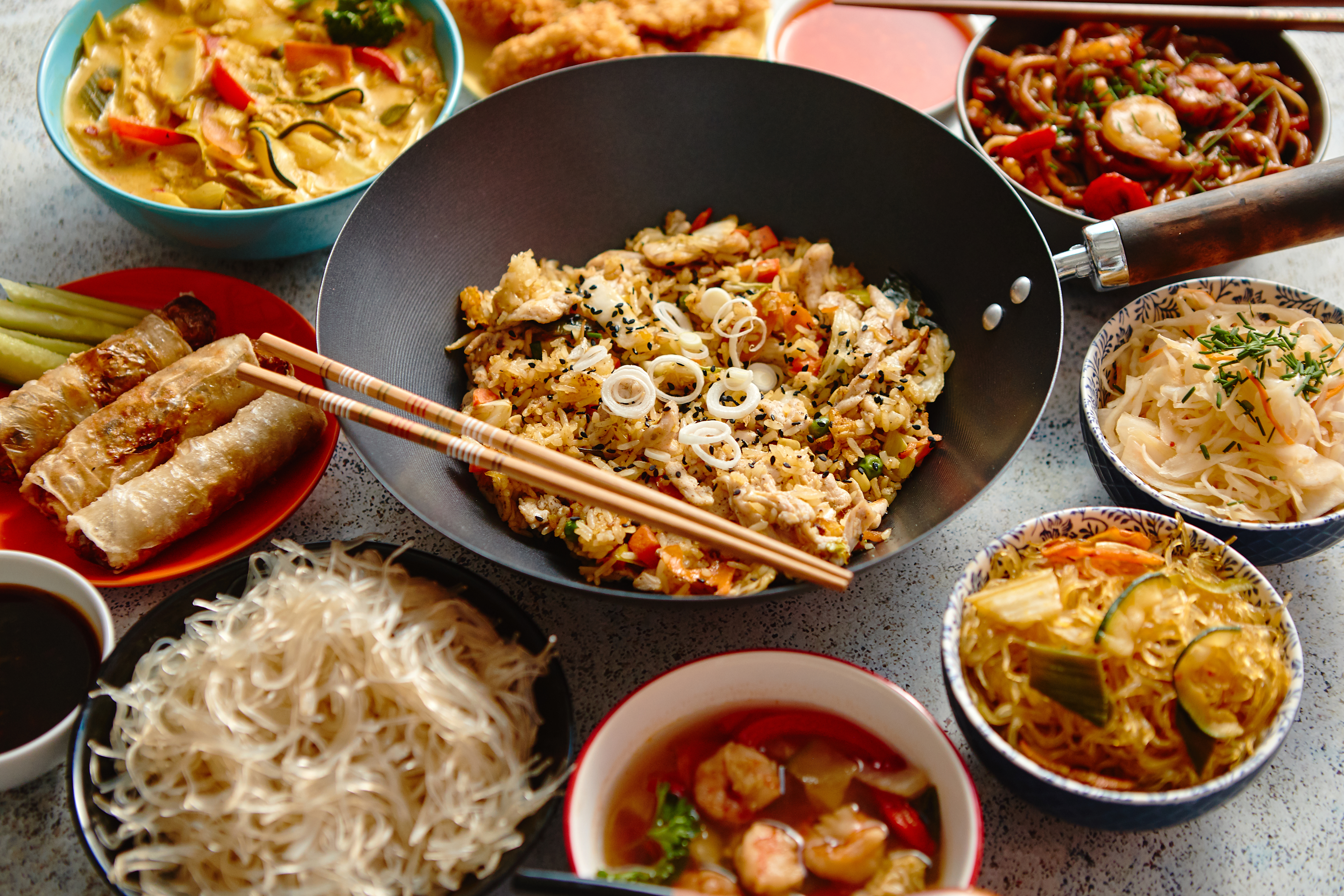Everyday Habits Secretly Sparking Chronic Inflammation in Your Body
5. The Nightshade Conundrum

Nightshade vegetables, including tomatoes, potatoes, eggplants, and peppers, are nutritious staples in many diets. However, for some individuals, these vegetables can be hidden sources of inflammation. Nightshades contain alkaloids, which can cause inflammation in sensitive individuals, particularly those with autoimmune conditions like rheumatoid arthritis. While the majority of people can consume nightshades without issue, those experiencing unexplained joint pain or digestive discomfort may benefit from a trial elimination. By temporarily removing nightshades from the diet and monitoring symptoms, individuals can determine if these vegetables are contributing to their inflammation. Reintroducing them one at a time can help pinpoint specific triggers. For those who find relief, exploring alternative vegetables such as sweet potatoes, squash, and leafy greens can provide similar nutritional benefits without the inflammatory effects. Understanding your body's response to nightshades can empower you to make dietary choices that support your health.
6. The Hidden Impact of Artificial Additives

Artificial additives, including colors, flavors, and preservatives, are ubiquitous in processed foods. While they enhance taste and appearance, they can also be hidden inflammatory culprits. Some additives, such as monosodium glutamate (MSG) and certain food colorings, have been linked to inflammation and allergic reactions in sensitive individuals. These reactions can manifest as headaches, skin rashes, and digestive issues. The challenge with artificial additives is their prevalence in packaged foods, making them difficult to avoid entirely. However, by choosing whole, minimally processed foods and cooking at home, you can significantly reduce your exposure. Reading labels and opting for products with fewer and more recognizable ingredients can also help. By minimizing artificial additives in your diet, you can reduce the risk of inflammation and cultivate a cleaner, more nourishing eating pattern.
